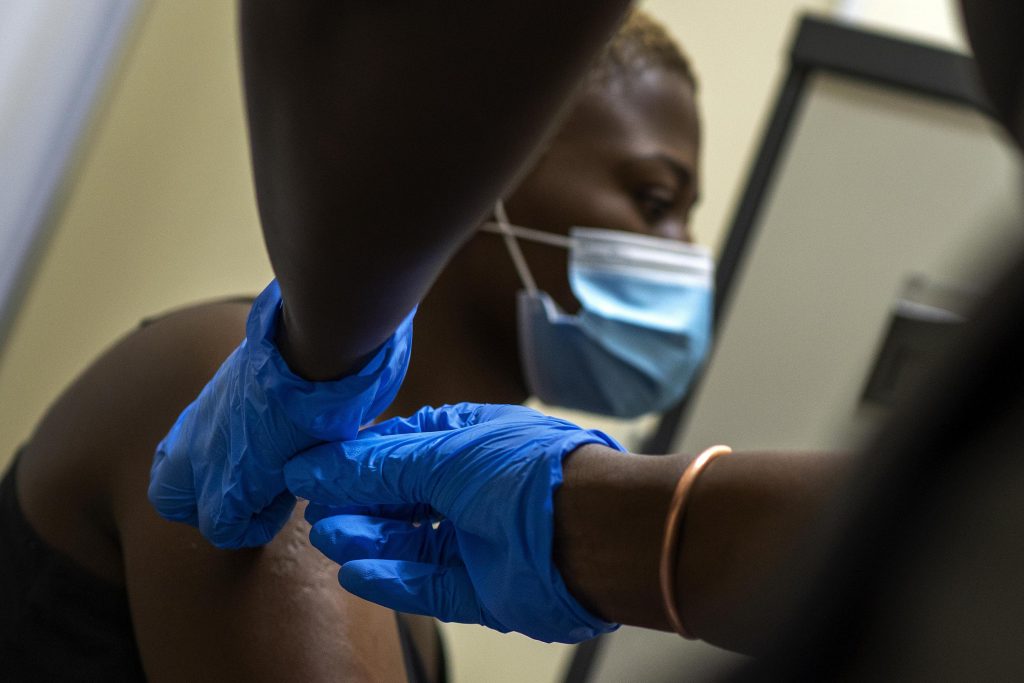Local medics – and the government – say, while they want you to get vaccinated, it’s a personal choice. But Pope Francis recently made headlines by suggesting that people have a moral obligation to receive one of the coronavirus shots as soon as possible.
He told Italian media, “I believe that morally everyone must take the vaccine … It is the moral choice because it is about your life but also the lives of others.”
The pope lamented the reluctance of some to get the potentially life-saving shot.
“I do not understand why some say that this could be a dangerous vaccine,” said Francis. “If the doctors are presenting this to you as a thing that will go well and doesn’t have any special dangers, why not take it?”
He added, “There is a suicidal denialism that I would not know how to explain but today people must take the vaccine.”
Francis’ remarks were among a series of robust signals to the world’s 1.3 billion Catholics that he and the Vatican strongly support the global vaccination effort.
Last December, the Vatican’s doctrinal office issued an unusually prompt note saying it is “morally acceptable” for Catholics to take the vaccines.
Source: National Catholic Reporter
MYTHS BUSTED!
MYTH: The side effects of the Covid-19 vaccine are dangerous.
FACT: The vaccine can have side effects, but the vast majority are very short term —not serious or dangerous. The vaccine developers report that some people experience pain where they were injected; body aches; headaches or fever, lasting for a day or two. These are signs that the vaccine is working to stimulate your immune system. If symptoms persist beyond two days, you should call your doctor.
MYTH: If I’ve already had Covid-19, I don’t need a vaccine.
FACT: People who have gotten sick with the virus may still benefit from getting vaccinated. Due to the severe health risks associated with Covid-19 and the fact that re-infection is possible, people may be advised to get a jab even if they have been sick with Covid before.
There is not enough information currently available to say if or for how long people are protected from getting Covid-19 after they have had it (natural immunity). Early evidence suggests natural immunity may not last very long, but more studies are needed to better understand this.
Source: Johns Hopkins Medicine



